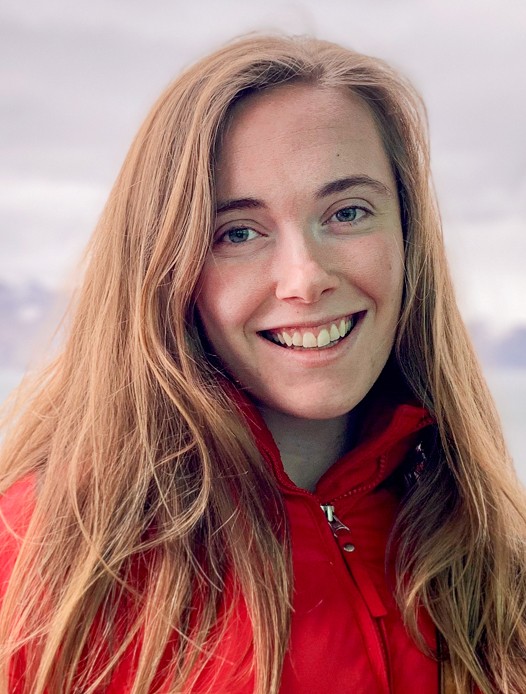Generations of Armenian apricot growers have relied on snowmelt from the Caucasus mountains to irrigate their small family orchards that dot the country's fertile valleys. But now, as climate change disrupts weather patterns and the snowpack retreats, farmer livelihoods are becoming imperiled at an unprecedented rate.
"Armenia is one of the world's most vulnerable countries to climate change," said Allison M. Chatrchyan, senior research associate in the Department of Global Development. "Temperatures there are rising more than the global average, drought is becoming more widespread and freeze risk is intensifying. Climate change is hitting farmers hard, and it's affecting rural societies in untold ways."
Cornell students and faculty met with Armenia farmers and officials during a visit to the country in January.
Armenian farmers face enormous challenges adapting to changing conditions and are at high risk of losing their livelihoods, said Keelin Kelly '20, who is conducting her undergraduate social science honors thesis research in Armenia with Chatrchyan.
"We talked to farmers who told us that if water scarcity continued to grow, they would no longer be able to farm," Kelly said. "Farmer involvement and knowledge in climate change decision-making is crucial to ensuring economic livelihoods not just in Armenia, but in communities and countries around the world."
During field work this January, Kelly conducted five focus groups in Armenia to ask farmers about their experiences with climate change and what assistance they needed. The effort was multiplied by a collaboration with Artak Khachatryan, an Armenian agricultural expert studying at Cornell this year as a Hubert H. Humphrey program fellow.
Khachatryan is director of agricultural technology input and service for the Center for Agribusiness and Rural Development (CARD), an Armenian nongovernmental organization dedicated to sustainable livelihoods for rural populations. He is developing leadership and technical skills during his yearlong fellowship at Cornell.
"Armenia faces many challenges," said Khachatryan, who is learning how to incorporate advanced climate-smart practices, such as no-till farming and attention to soil health, into farm management. "It has been incredible to take part in this advanced research project that will help shape the future of agriculture in my country."
The country of nearly 3 million people is heavily reliant on agriculture as an economic driver. According to the United Nations' Food and Agriculture Organization, agriculture contributes nearly 15% to Armenia's gross domestic product; in the U.S., it's less than 1%. Along with apricots and other tree fruits, the small, landlocked country produces potatoes, vegetables, grapes and livestock, all of which face challenges from climate change.
In January, Cornell co-sponsored Armenia's first Climate Smart Agriculture Conference along with the United Nations Development Programme (UNDP) of Armenia and CARD. The conference provided key stakeholders with evidence of how climate change is affecting agriculture, and how the government and nongovernmental organizations (NGOs) can respond.
Both Khachatryan and Kelly took part in Cornell's Global Climate Change Science and Policy course, supported by an Engaged Curriculum Grant from the Office of Engagement Initiatives. Since 2015, the course has helped students develop skills to manage the complexities at the intersection of science and policy. They then get to take these skills to the world stage: Each year, a subset of the class travels to the U.N. Climate Change Conference of the Parties (COP) to work with negotiators from developing countries, NGOs and international groups on climate change policy.
In early December, 18 Cornell students - including Kelly - attended COP25 in Madrid. And as did classes before them, they engaged directly with the small Armenian delegation.
Chatrchyan said student enthusiasm and a network of strong partnerships were the engines for this new research project in Armenia. In fact, Cornell has strong historical ties to the country, through the groundbreaking research of professors Yervant Terzian (astronomy), Levon Barseghyan (economics), Adam Smith (anthropology), and Lori Khatchadourian (Near Eastern studies) and the activities of the Armenian Student Organization.
"It's exciting to see what Cornell's new Global Development unit can offer to Armenia," Chatrchyan said. "By combining engaged learning opportunities for students with stakeholder research and outreach to farmers and policymakers, Cornell is working on the ground to help solve the urgent challenge of climate change."
Matt Hayes is associate director for communications for Global Development in the College of Agriculture and Life Sciences.








